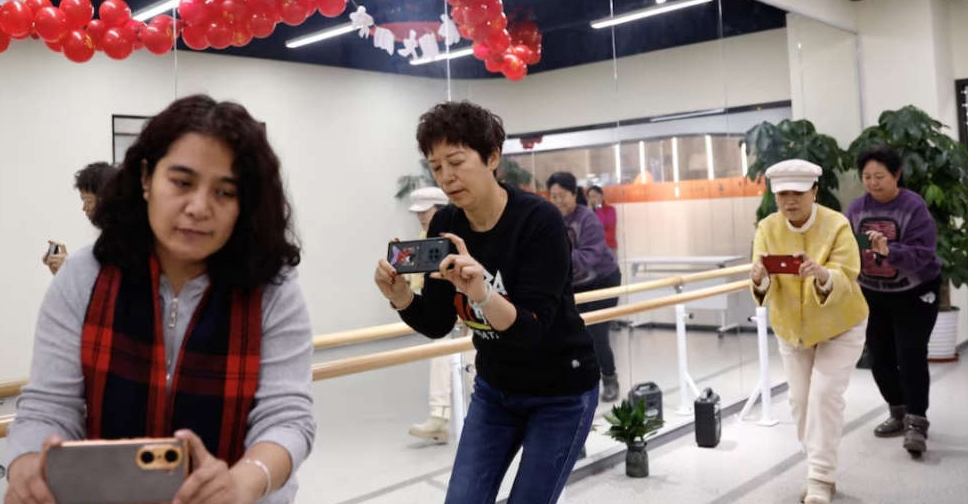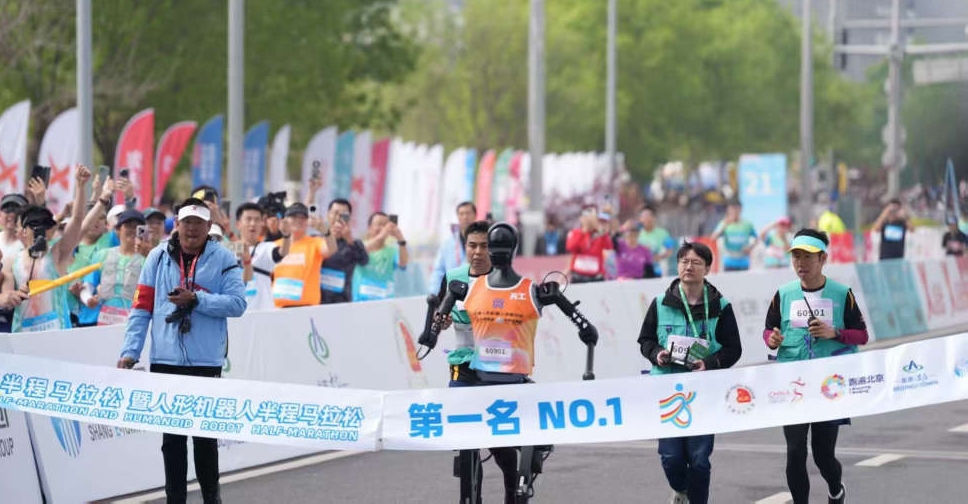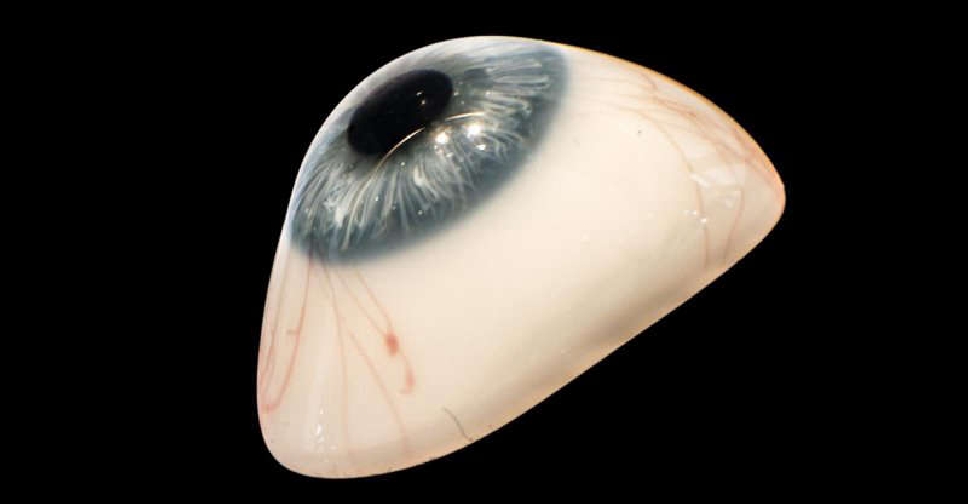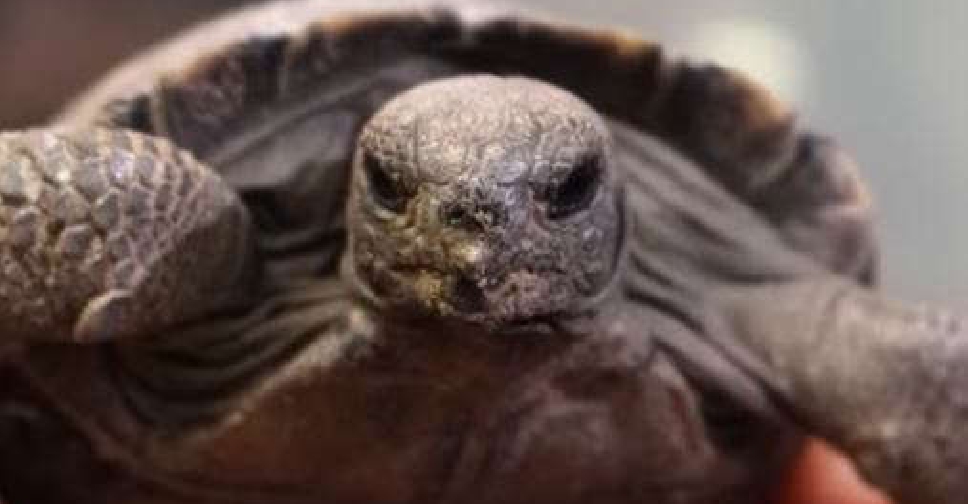
China's rapidly aging population is fuelling a promising and fast-growing market for companies providing recreational classes and activities for the elderly middle class, from yoga to African drumming and smartphone photography.
The growth potential of the industry contrasts sharply with the decline of the after-school private tutoring sector following a government crackdown in 2021 aimed at boosting record low birth rates by lowering education costs.
"Education industries are transitioning to the silver economy," said Qiu Peilin, the Beijing head of Mama Sunset, an elderly learning business that has opened five centres in the Chinese capital since launching in April 2023.
Consulting firm Frost & Sullivan expects China's senior learning market to grow at a compound annual growth rate of 34 per cent by 2027 to 120.9 billion yuan ($16.8 billion), up from 28 billion yuan in 2022.
It's a numbers game.
Over the next decade, roughly 300 million Chinese will enter retirement - the equivalent of almost the entire US population. One in every two people aged over 65 in the Asia-Pacific region will live in China by 2040, Euromonitor estimates.
While China's demographic crisis is threatening its industrial base, government finances and poverty alleviation efforts, some investors see the growing pool of elderly as a sure bet.
Mama Sunset, which offers 20 different classes to thousands of Chinese aged 50-plus, is in talks with domestic investors to expand to 200 franchised centres across the country in the next three years, when it wants to list on the Hong Kong exchange.
Nasdaq-listed Quantasing, the largest online elderly learning provider in China according to Frost & Sullivan, plans to hire more tai chi and traditional medicine tutors to add to existing classes ranging from memory training to video editing.
It also plans to leverage its customer base to sell products such as moxa sticks, used in traditional medicine, or Baijiu, a Chinese beverage.
Quantasing's revenues grew 24.7 per cent year-on-year for the final quarter of last year to 980.5 million yuan ($136.2 million), while its total registered users shot up 44.6 per cent year-on-year to 112.4 million at the end of 2023.
"It's a real sunrise industry," the firm's CEO Matt Peng said.
China's government is also getting involved, announcing in January tax incentives and financial support for products and services for the elderly. Premier Li Qiang pledged in March further efforts to develop "the silver economy," without elaborating.
The provincial government of Hebei provided the land and space for Mama Sunset's Cangzhou branch as part of a poverty alleviation programme.
BIG BASE, LOW INCOMES
Some analysts warn, however, that a flood of investment into industries targeting the elderly may get ahead of itself if China cannot make the leap that other aging societies have made - escaping the middle-income trap first.
Low retirement incomes and insecurities related to basic needs including healthcare in a society where many of the elderly are reliant on their child for financial support will limit the industry's potential, analysts say.
Rachel He, research manager at Euromonitor, said China's elderly population was a promising consumer base but it was questionable whether it would match the significance of the market in Japan and South Korea in the near term.
She cited "deep income inequality" and more conservative attitudes among Chinese elderly who were less inclined to spend money on themselves.
Average monthly urban pensions range from around 3,000 yuan in less developed provinces to about 6,000 yuan in Beijing. Nomura estimates 160 million Chinese receive rural pensions of only around 100 yuan per month.
One class at Mama Sunset costs 50-60 yuan, while a 36-class package costs 1,980 yuan. At Quantasing, one- to three-month packages range between 1,980 and 3,699 yuan.
Cui Chunyun, a 60-year-old retired accountant in Beijing, takes Mama Sunset's dance classes to stay fit to keep pace with her five grandchildren and delay going into a nursing home.
"I want to be able to move, even people older than 70 can still dance, we have to move to live."



 China pits humanoid robots against humans in half-marathon
China pits humanoid robots against humans in half-marathon
 Scientists find strongest evidence yet of life on an alien planet
Scientists find strongest evidence yet of life on an alien planet
 Unclaimed luggage firm finds 'Goonies' script, Rolex, glass eye
Unclaimed luggage firm finds 'Goonies' script, Rolex, glass eye
 LeBron James becomes first male athlete with Ken doll
LeBron James becomes first male athlete with Ken doll
 Galapagos tortoises become first-time parents aged 100
Galapagos tortoises become first-time parents aged 100






